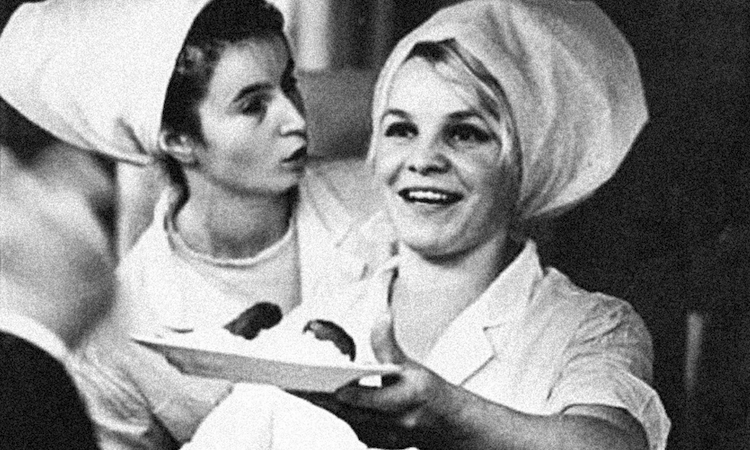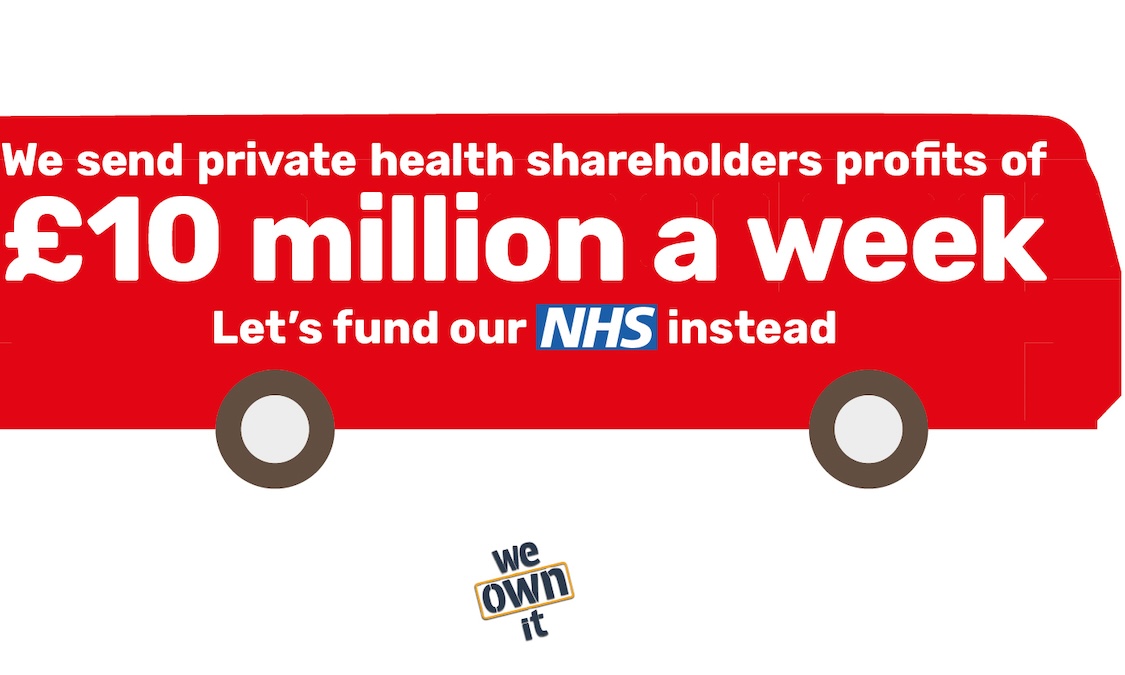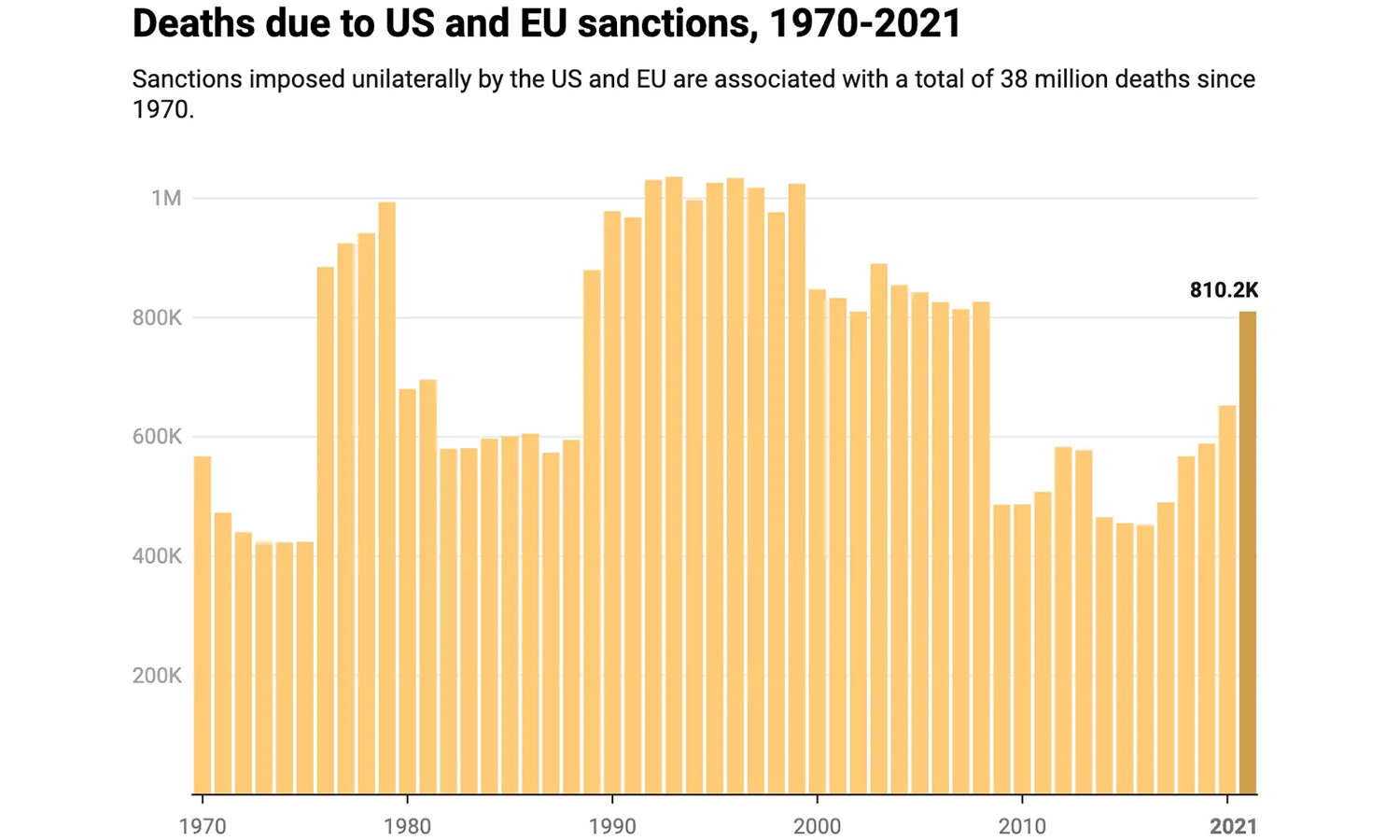Who is old enough to remember the days when alcohol and tobacco were allowed to be advertised on TV? Who remembers the adverts? They were the most memorable and best adverts of their time. Their branding covered racing cars and motorcycles and became the epitome of cool.
The Rothmans and Marlboro liveries will never be forgotten. Why? Because their massive profits meant they could employ the finest minds in creative thinking to come up with branding and advertising messages that could creep forever into a human soul. The bigger, the richer the company, the better and more entertaining the advertising was.
Now that flash advertising has moved over to food. Food is packaged not only as convenient and cheap, but also as a new fashion statement. The haves can go organic, the have-nots can at least buy cheap food with wonderfully colourful packaging, the cheapest of which strongly emulates the advertising styles of certain famous fast-food chains like McDonalds and Kentucky Fried Chicken.
The buyer is seduced into thinking they’re getting the home version of their favourite treat, and the messaging is strong: luxury, at an affordable price.
In 1867, summing up the way that capitalism’s defenders were making it impossible to research the capitalist system with an open mind and come to an honest conclusion, Karl Marx wrote:
“In the domain of political economy, free scientific inquiry meets not merely the same enemies as in all other domains. The peculiar nature of the materials it deals with, summons as foes into the field of battle the most violent, mean and malignant passions of the human breast, the Furies of private interest.” (Preface to the first German edition of Capital Vol 1)
We could say the same for the interests of the big monopolies today. Who doesn’t now know that Big Tobacco spent years putting out fake science and suppressing the results of their own investigations in order to prevent the public finding out that smoking was killing us?
Who doesn’t know that there are corporations funding fake science to deny climate change, or that big pharma regularly hides information that would put us off buying some of its most profitable products?
But how many people know that big food has been engaged in the same tactics for decades? That the sugar lobby consistently intervened to stop governments from issuing health warnings about sugar, for example?
Fake science in the service of Big Food
A recent article by Gyorgy Scrinis has highlighted the issue of funded studies in the area of ‘nutrition’ aimed at pulling the wool over our eyes and keeping us consuming products that the manufacturers are most certainly not feeding to their own kids. He states:
“Corporate food and beverage companies such as Coca Cola have engaged in what I will refer to as ‘corporate scientific activities’. These activities are designed to produce and influence the scientific knowledge used to evaluate, promote, legitimise and regulate their products. Such activities include funding and conducting in-house nutrition research related to their products; sponsoring scientific seminars and expert meetings; involvement in scientific standards and policy committees; publishing in scholarly journals; funding scientific front groups; and delivering nutrition education programmes.” (Ultra-processed foods and the corporate capture of nutrition, BMJ 2020; 371, 7 December 2020)
The lengths to which manufacturers of junk food will go to in order make their product seem legitimate in a world where health is becoming ‘fashionable’ ensures that the working classes, who generally don’t have the time to investigate these scientific-sounding claims, are left with the impression that food manufacturers are restricted by law from lying outright to the public. That may be true, but then there are lies and there are lies.
‘Funded nutrition studies’ as referred to in the BMJ editorial are the latest trick employed by companies that have, since their inception, been masters at convincing the public that a particular product is good for them. We’re faced with a situation where big corporations are employing scientists to make their food look healthy, even though traditionally it has always been made up of ingredients that taste good but could never be considered as good for us.
You can’t advertise a Mars Bar anymore by saying “A Mars a day helps you work rest and play” because of trading standards. The corporate junk peddlers have to be cleverer now that they can no longer abjectly lie to you by putting a red line around kids on their way to school because they ate some super-processed oats – and, because kids won’t eat oats, they called it Ready Brek. Mum happy because of the ‘healthy, warm’ breakfast; kid happy because it ‘isn’t oats’: bingo.
Scientists are being employed to help create and market caffeine-free, ‘sugar-free’ coke, when the reason people liked coke was because it was full of sugar and caffeine. So they have to come up with something new. And instead of their brand creating something genuinely healthy (but therefore probably not a fraction as profitable), it flogs the same dead horse and pretends you can get the same taste and pepped-up refreshment from something that bears no resemblance to coke, and has all the bad stuff removed, but is still coke, and is still great; the ‘healthy’ version.
But there is no way to make coke healthy. The fake sugars that have taken the place of refined sugar cane are just as bad for your health and possibly worse. You cannot turn coke into cabbage. What next? Coke fortified with vitamins and iron?
Food packaging screams at us: low fat this, high in antioxidants that, but for low fat/ low sugar/ low salt, read ‘chemical shitstorm’. ‘Low in sugar’ means high in some kind of fake sugar that tastes horrendous and is worse for you than sugar. And look what we do to sugar: nature provides us with a natural sweetener, but that’s not enough: we have to refine it to within an inch of its life until it becomes something wholly unlike actual sugar.
The ‘organic’ label as employed by most supermarkets means nothing much either. Organic gardeners can still use chemicals, slug pellets, pesticides, processed blood and bone fertilizers, high-nitrogen feed etc – so long as it says organic on the packaging.
Organic eggs or chicken means nothing more than caged chickens eating food labelled as organic, which, of course, is much more expensive than standard chicken feed. ‘Free range’ just means the chickens don’t live in a cage; it doesn’t mean they wander around freely with a sweet lady locking them up lovingly for the night.
Manipulating workers’ quest for better health
Labels are misleading. They mislead the consumer into believing that they’re making ethical and healthy choices. They also cause guilt in those who can’t join in, and who are forced to buy the cruelty-packed barn eggs because they’re less than half the price.
Food is no longer a thing that we grow or produce; it’s a thing that appears out of a packet from a shiny bright shop – assuming you have the money to pay for it. And if the coronavirus had been as deadly as Ebola, and the country had actually shut down, we’d have all starved to death pretty quickly.
Nutritionism is sold as an exclusive privilege, with cooking programmes designed to appeal to a certain class. Meanwhile, the break-up of families means kids don’t get to learn to cook, since busy parents have neither the time nor the energy and are just trying to fill everyone up before the next shift – with something they can afford and that there’ll be no arguments over.
No single mum with two jobs has time to argue about cabbage when chicken nuggets are just as cheap and the kids will eat them in the allocated time; workers don’t have time. We look for something cheap, quick and filling, and the adverts tell us that they have the answers in Dairylea lunchables et al.
We miss meals because we’re busy, and low blood sugar makes us buy sweeties at the garage to go with the crappy sandwich that was £3.00 … 20p for the ingredients and packaging, £2.80 for the labour-power required to put it together, of which the sandwich-maker got tuppence, and the sandwich company got the rest.
New laws have meant that companies are having to remove certain ingredients from their products. Have you tasted a Heinz soup since all the sugar and salt got taken out? They now taste of nothing at all. Yet if you look at the label, they’re still not healthy, but the manufacturer can tell you it’s ‘low in salt’, because it is, compared to how it was before.
Meanwhile, in the endless pursuit of maximum profit, companies cut costs by replacing relatively expensive ingredients with cheaper alternatives, Crème Eggs and Dairy Milk being a case in point. Hey, Cadbury, what happened to “A glass and a half of full cream milk in every bar?” Replaced by some milk substitute? Inevitably made from milk farmed increasingly cheaply and full of antibiotics and other drugs administered as a matter of course? Now it’s no longer sold as nutrition, but as a luxury. And at two quid a bar, it is a luxury!
Breakfast cereals that are pure chocolate claim to be ‘high in calcium’. Vegan alternatives of reconstituted soya are made to look and taste like bacon by processes unknown to Man. ‘Food’ is stripped of nutrition and replaced with fake nutrition.
When they brought up the Mary Rose, a skeleton onboard was found to have risen up the ranks to officer during his lifetime. They could tell this by examining his bones, which revealed that as he got older, his diet improved. If this can be surmised in a skeleton that’s been underwater for hundreds of years, imagine what our insides look like right now. Probably a lot worse than his.
Lack of certain vitamins causes stress and malnutrition, as well as mental health issues. Then we are filled was anti-depressants never knowing that it’s our diet that’s to blame, and our doctors don’t have the time to investigate properly. Chronic fatigue, arthritis, blood sugar problems, diabetes, heart disease et al can all be stress responses to an overload of sugar and/or a lack of proper nutrition.
To fix our food we need to fix our farms
We need to move away from dangerous and counterproductive high-input methods of over-industrialised and over-processed food production and bring back the health of the soil through regenerative mixed farming. Only healthy soil can produce healthy food.
We need to end the over-medicalisation of our animals, which is affecting our own health and the health of the soil, as well as the health and welfare of the animals themselves.
Wormers, antibiotics and other poisons end up in the soil and kill the good microorganisms that are vital for healthy plant growth. Soil becomes sterile, used just as a medium in which plant roots sit – as unnatural as growing in astroturf. We could easily feed everyone in Britain from British farmland if it was farmed correctly, and this would have the added advantage of improving the landscape and creating a highly effective carbon sink into the bargain.
We need to find ways of replacing lost plants and beneficial insects, creating habitats and raising biodiversity, recognising that we are a part of nature, not separate from it, and have no future outside of the environment we live in.
The family tree of failure starts with the corporations, but also complicit are the paid-for scientists, farmers, pesticide manufacturers, marketeers, food companies, packaging companies etc.
We must educate ourselves so as to make it harder for the bastions of big food to pull the wool over our eyes when they try to flog what some nutritionists have dubbed ‘food-like substances’ in place of actual food. We must raise the demand for nutrition as a human right and not the preserve of a privileged few.
And we must insist on socialism – a rational society in which science can be placed at the service of the people, and our farming and food production sector has the sole aim of providing high quality and truly nutritious food to all.














